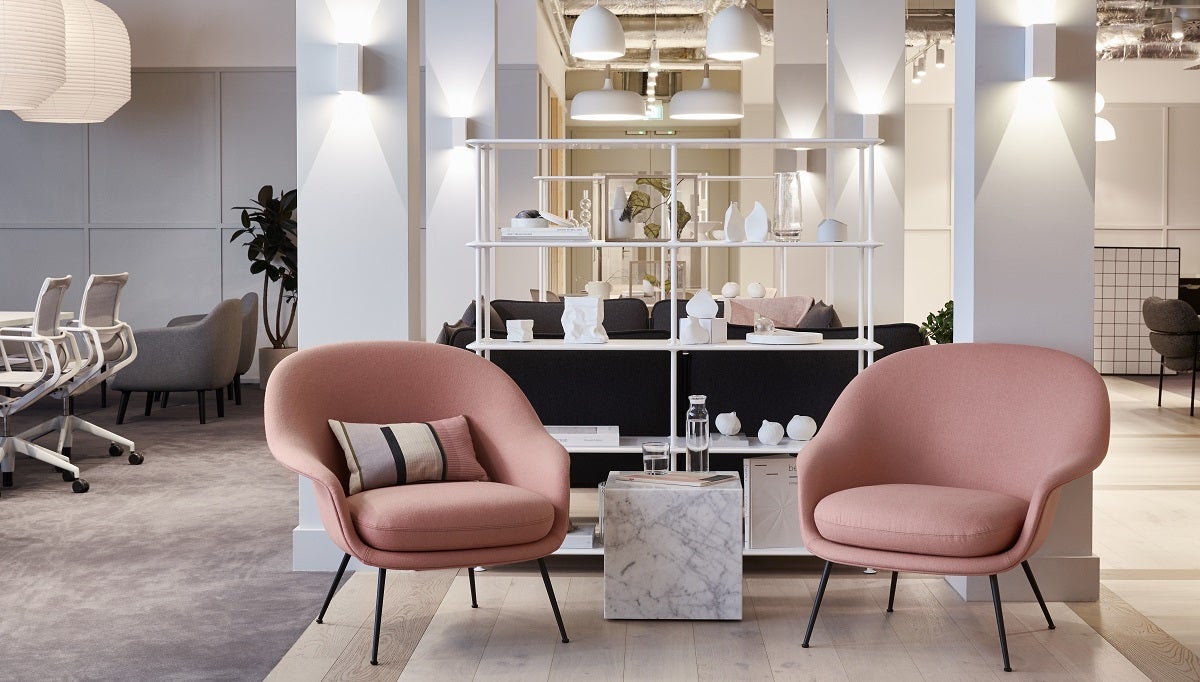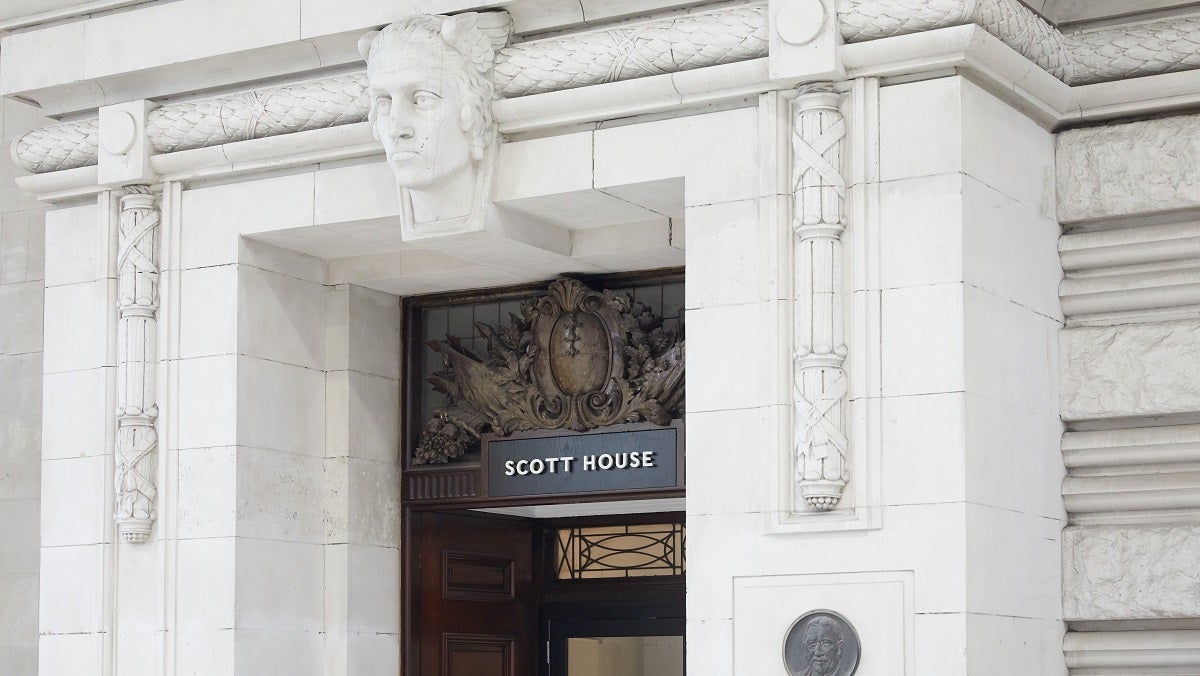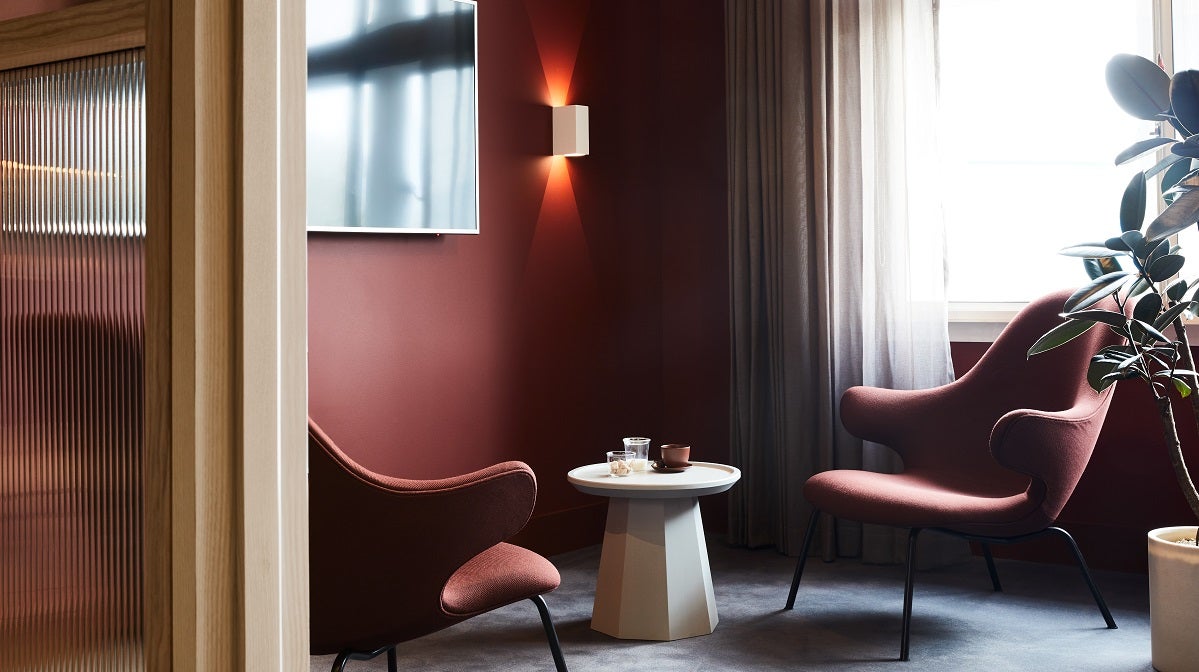
During the year-long Great Plague of London that claimed approximately 75,000 lives, famous diarist Samuel Pepys’ entry for August 16, 1665, reads as though it were the English capital today. “But, Lord! how sad a sight it is to see the streets empty of people,” he wrote 355 years ago. Once more, the death of the city is predicted, this time because of the coronavirus pandemic. Again it is likely that urban centres will flourish, eventually – and perhaps sooner than some expect, with vaccines likely to be available early next year.
Admittedly, people in Pepys’ period didn’t have access to video conferencing. But there are only so many virtual meetings one can endure before we crave in-person human interaction. Indeed, even Eric Yuan, founder and chief executive of Zoom, revealed recently he too suffers from “Zoom fatigue”. (His escape? Watching The Great British Bake Off.)
The uncertainty spread by COVID-19 has precipitated a growing desire to leave cities, though, and the future of work and the workplace have changed forever. Before the coronavirus pandemic struck, progressive business leaders embraced the trend – since accelerated – of remote working. Now flexibility and agility, both in operations and offices, are business-critical.
For all the debate about the future of work, and how to accommodate urban exiles, could the answer be greater choice and manoeuvrability? Flexible work spaces, which were once the preserve of small organisations, are now very much part of the plans of companies of all sizes, including major corporates. Most business leaders agree: a hybrid model, with staff working both remotely and at the office, is the way forward.

Highly desirable: easy-to-access work spaces
Today organisations large and small are seeking innovative solutions to combine the best of home working and office working – and that’s the domain of TOG (The Office Group), the flex-space provider launched in 2003.
Co-CEOs Charlie Green and Olly Olsen founded TOG on a desire to reinvent the office-space market and improve the way people work. After 17 years of growth, the organisation has just hit a significant milestone: it now has over 2 million square feet across 52 flexible work space buildings in its portfolio, spanning the UK and Germany.
When TOG was established, almost two decades ago, bike racks and showers in the workplace were considered cutting-edge innovations. In 2020, the organisation’s buildings – which are all different in feel and design – offer almost 20,000 members maximum flexibility and office space that is tailored to their needs. This includes providing shorter, more flexible leases, as well as the scope for businesses to scale space up and down quickly by utilising the flex work space and lounge memberships.
Further, and especially important now, TOG allows all members access to its entire platform – consisting of multiple buildings with a variety of workplaces and premium amenities across the cities in which it operates. All its workplaces are located close to major public transport links – good news for organisations with urban exiles.
“One significant impact of the pandemic is that it is forcing people to rethink how they travel to work, what time they’re prepared to travel and what mode of transport they will use,” says Green. “And universally, people want to travel less.
“Larger occupiers traditionally sought to consolidate all of their employees from multiple locations into one headquarters in one location. That trend is reversing as employers have to react to the needs of the individuals in their teams, making travel to work easier by setting up satellite offices in a variety of locations, close to main stations and making workplaces much easier to access.”

Engines of change: choice and trust
A conveniently located office – or rather offices – is one thing. An inspirational work space is quite another. “The work environment can truly affect your mood and therefore your productivity and that experience needs to be addressed from the moment you walk through the door to the moment you leave,” continues Green, whose TOG work spaces offer a broad selection of premium amenities. These include cafes, gyms, screening rooms, podcast and film studios, meditation lounges, meeting and event spaces.
Olsen agrees that the workplace should no longer be one single spot, but an ecosystem of locations and experiences that support convenience, functionality and wellbeing. “Life is becoming more flexible,” he says. “Work space and working practices need to reflect this reality.”
Underpinning this is a bond of trust between employer and employee where value is no longer tied to where you are, but to what you achieve, says Olsen. “The two engines of change in working life are choice and trust,” he adds. “Choice for employees about where, when and how they work. And employers have to trust their people to manage their time and judge outputs, not inputs.”
If Pepys was alive today, surely he would rejoice at the opportunities afforded by technology, for city dwellers and urban exiles alike. Flex space caters for both.
Vital statistics
2.1 – million square feet across 52 flexible work space building in TOG’s portfolio, across the United Kingdom and Germany
14 – percentage of Londoners who want to leave the capital as a result of the coronavirus pandemic, according to the London Assembly Housing Committee
20 – percentage of TOG’s Gen Z members that felt their remote working set up was adequate during lockdown, according to the results from the Leesman Index member survey
36 – percentage of TOG members that believe remote working supports learning from others, again through Leesman’s data 56 – percentage of TOG members that felt disconnected during lockdown, according to the results from the Leesman Index member survey
bp Douglas House case study
If you reckon co-working and flexible office space is the domain of start-ups, micro-businesses and freelancers, think again. Some of the biggest employers in the world are embracing flexible work space solutions.
Energy company bp expects to move towards a mixture of home and office working, and in September it announced that it has leased Douglas House in Fitzrovia from TOG, the leading design-led, flexible work space provider.
The 50,000 sq ft property will provide a new hub for bp’s venturing, digital and mobility futures teams, providing 700 desks for 1,000 employees. The space includes a barista bar, a state-of-the-art gym, oxygen room, as well as a roof garden and event area.
The hub will bring together technology and innovation focused teams who are currently spread across different London locations. And, as part of their TOG membership, bp staff will have access to the entire TOG platform including lounge spaces, tech-enabled meeting rooms, collaboration and event spaces across 42 buildings in London as well as in Leeds, Bristol and key cities in Germany.
All change please. Discover how TOG’s station locations became destinations in their own right. Read More
PROMOTED BY TOG

During the year-long Great Plague of London that claimed approximately 75,000 lives, famous diarist Samuel Pepys’ entry for August 16, 1665, reads as though it were the English capital today. “But, Lord! how sad a sight it is to see the streets empty of people,” he wrote 355 years ago. Once more, the death of the city is predicted, this time because of the coronavirus pandemic. Again it is likely that urban centres will flourish, eventually – and perhaps sooner than some expect, with vaccines likely to be available early next year.
Admittedly, people in Pepys’ period didn’t have access to video conferencing. But there are only so many virtual meetings one can endure before we crave in-person human interaction. Indeed, even Eric Yuan, founder and chief executive of Zoom, revealed recently he too suffers from “Zoom fatigue”. (His escape? Watching The Great British Bake Off.)
The uncertainty spread by COVID-19 has precipitated a growing desire to leave cities, though, and the future of work and the workplace have changed forever. Before the coronavirus pandemic struck, progressive business leaders embraced the trend – since accelerated – of remote working. Now flexibility and agility, both in operations and offices, are business-critical.

